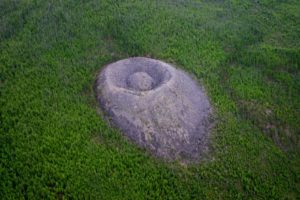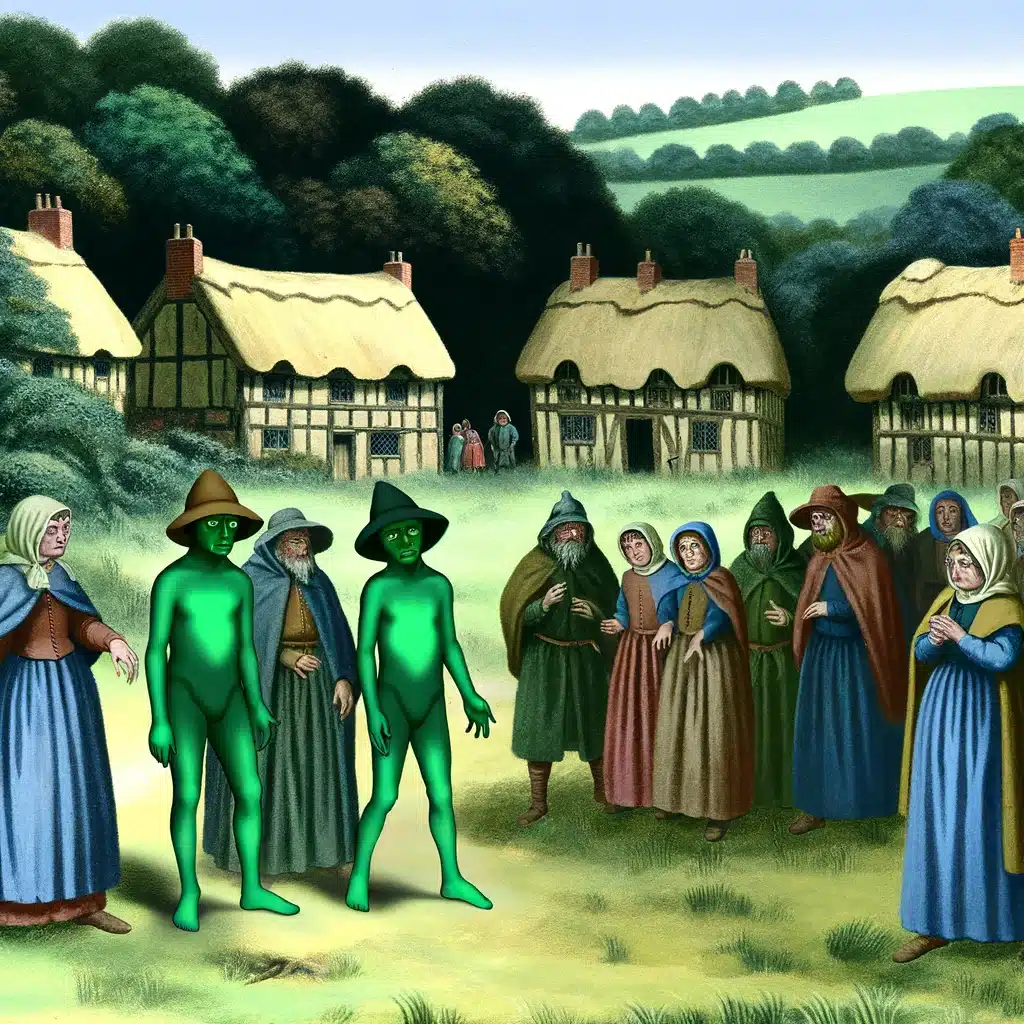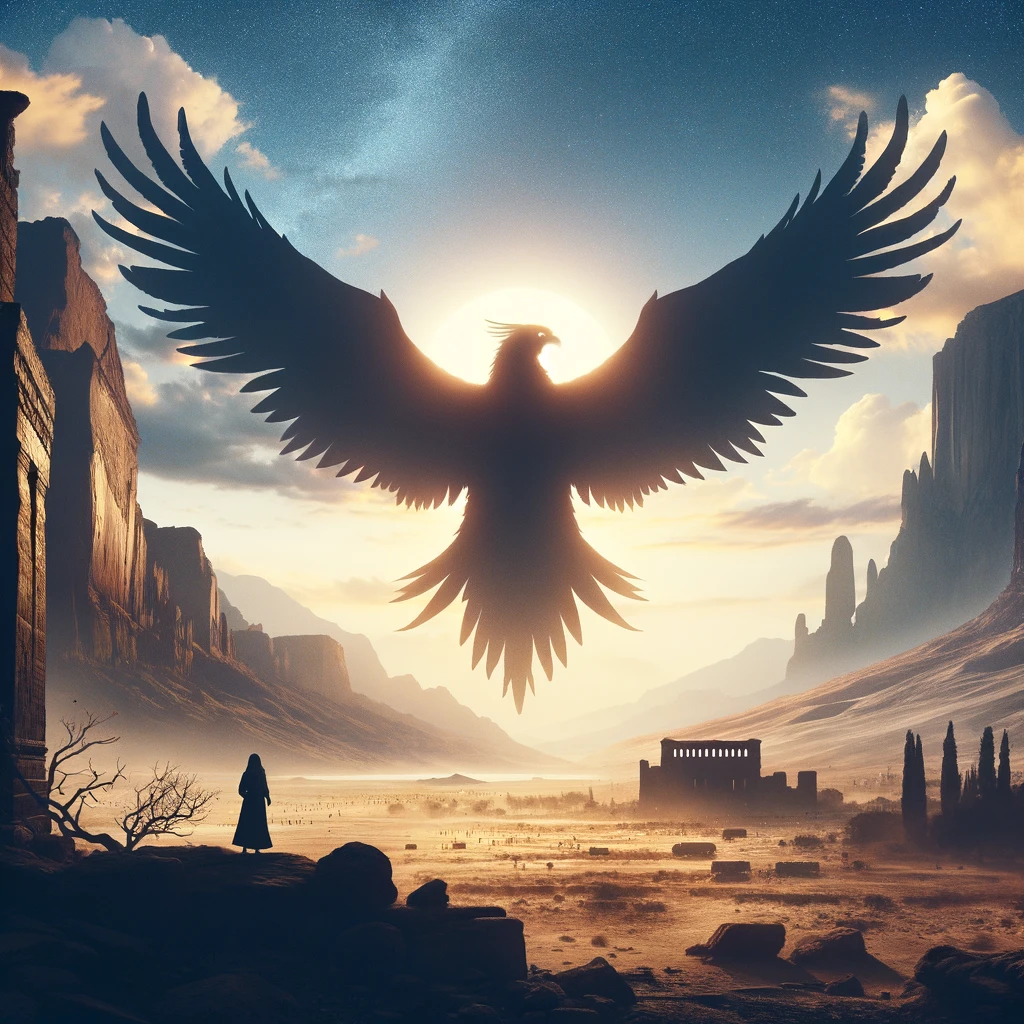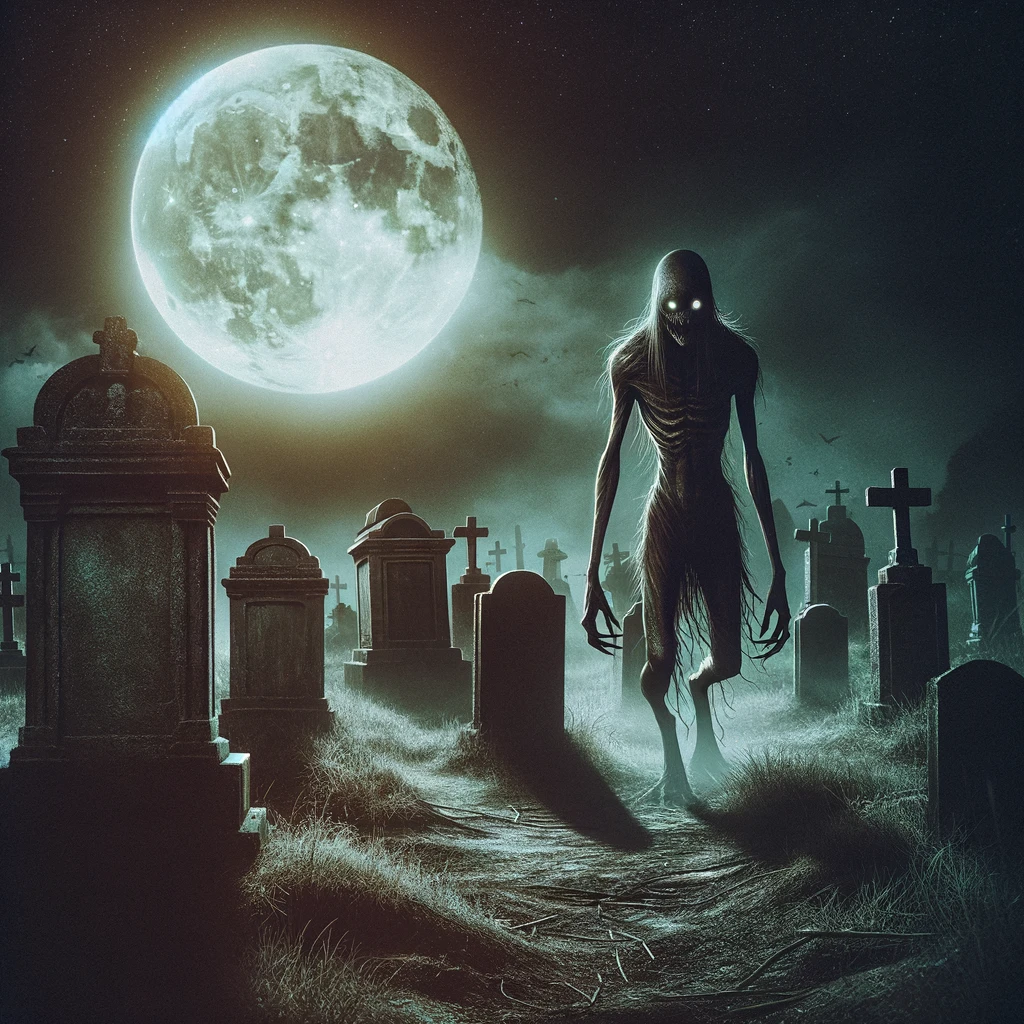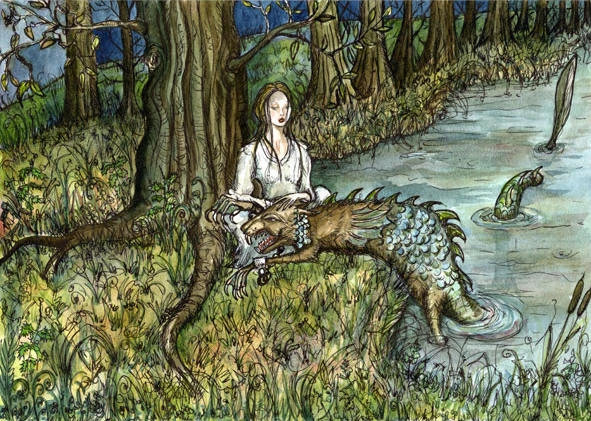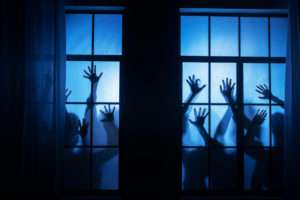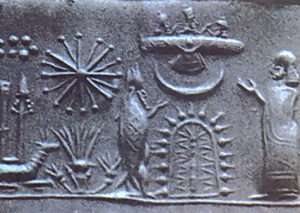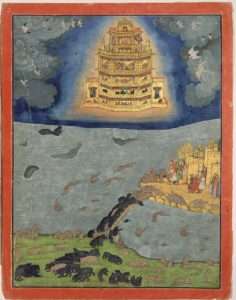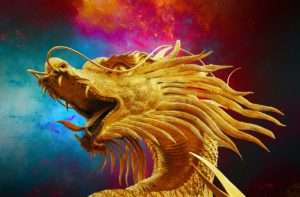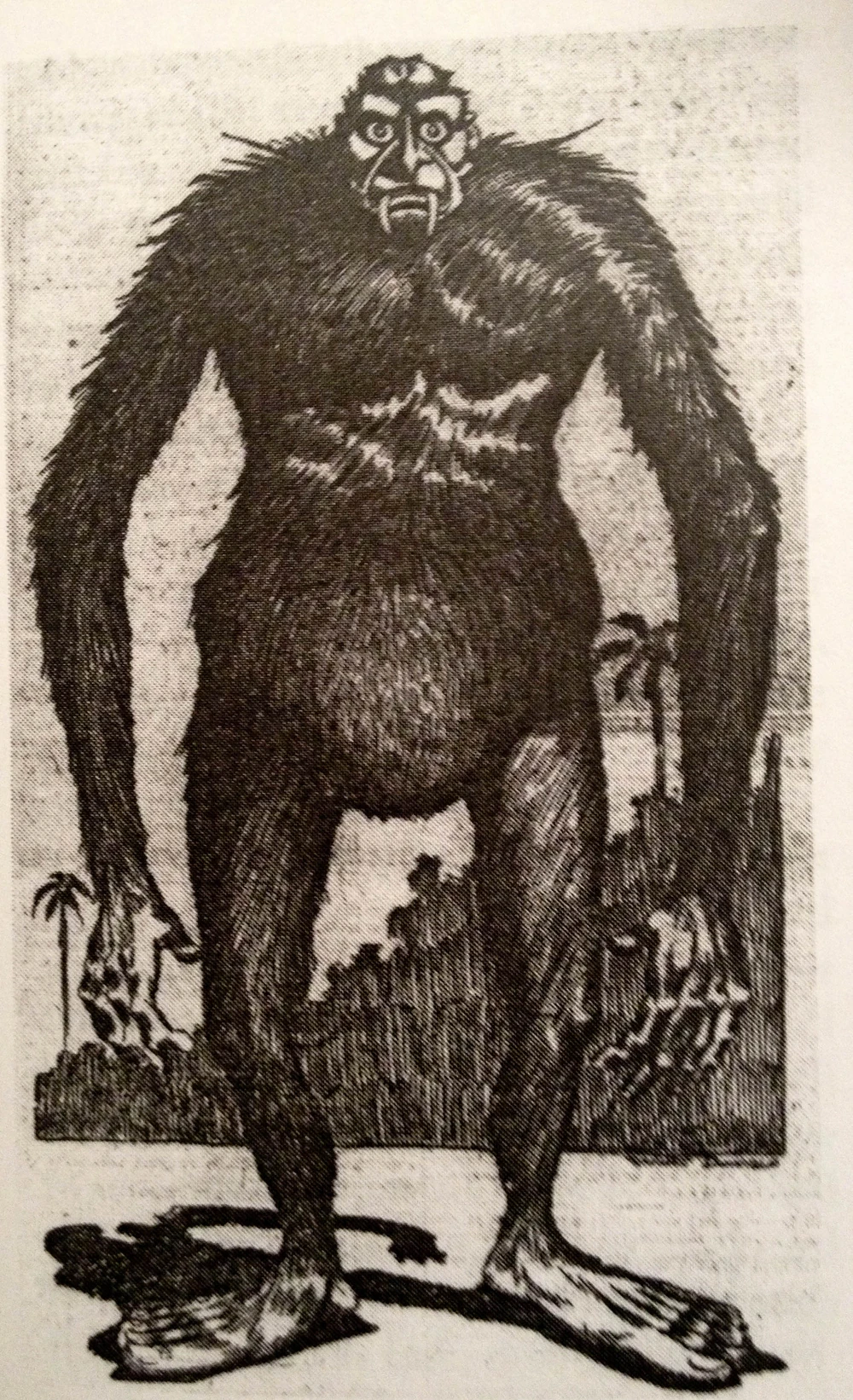In the tapestry of mythical creatures that populate our world’s folklore, the Abada holds a unique and somewhat obscure place. This creature, often overshadowed by its more famous cousin, the unicorn, carries its own rich tapestry of legend and lore. The Abada, primarily found in the narratives of Central African mythology, is described as a small, elusive beast with two crooked horns, distinguishing it from the singular horn of the unicorn.
The history of the Abada is as intriguing as it is mystical. Unlike the unicorn, which has been a staple of Western and European mythologies, the Abada finds its roots deeply embedded in the Congo basin’s dense forests. This creature is not merely a figure of fascination but embodies the essence of purity and healing. According to local lore, the Abada has the power to neutralize poison and cure diseases, making it a symbol of hope and resilience amidst the challenges of life.
Mystical Sightings and Symbolic Significance
Sightings of the Abada, given its mythical status, are more rooted in folklore and imagination than in documented reality. However, the tales and purported encounters with this elusive creature span various cultures, each adding layers to its rich narrative.
In the heart of Central Africa, where the Abada is said to originate, tribal stories paint the creature as a protector of the forests. Elders speak of rare sightings that occur during moments of great need, describing the Abada as a guardian spirit that appears to lead or heal. These accounts often emphasize the creature’s connection to the natural world, its ability to purify water and cure ailments with its horns.
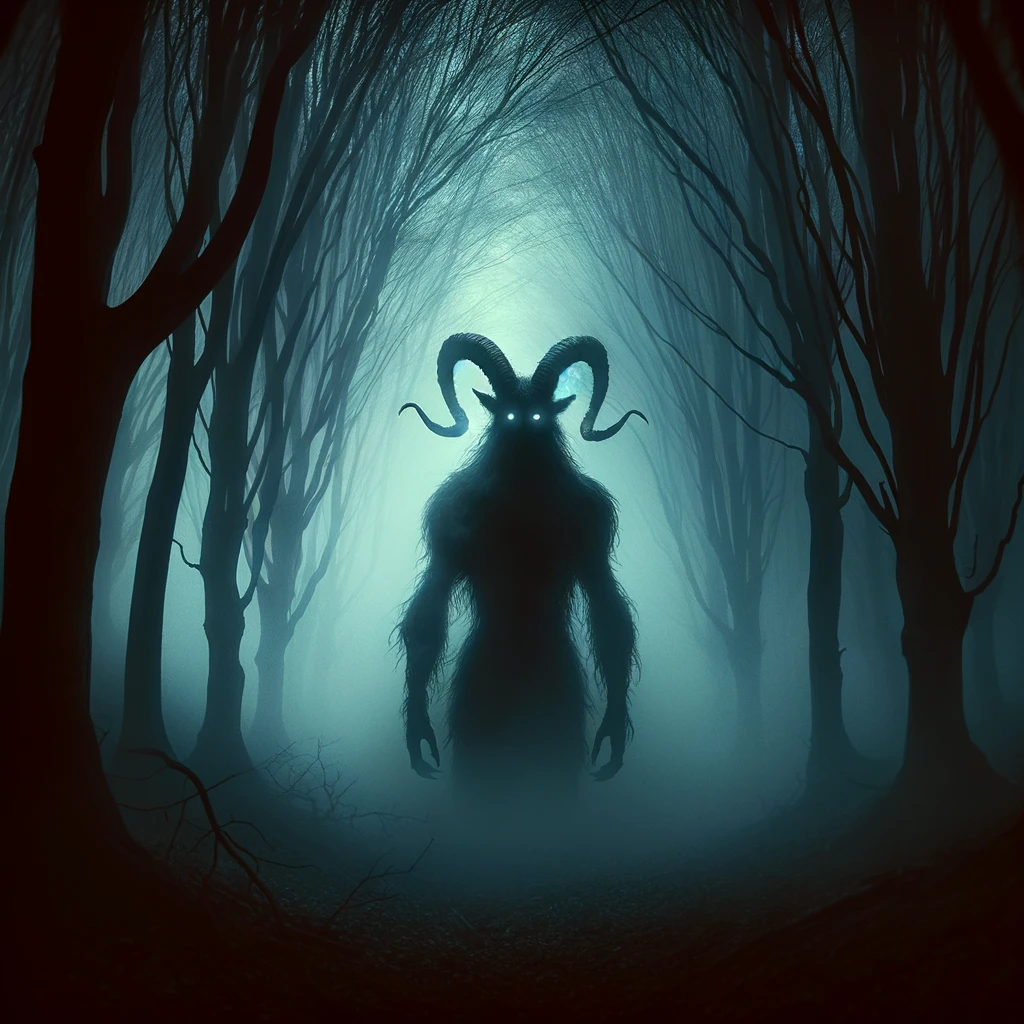
While modernity has pushed the Abada further into the realm of legend, there are still those who claim to have felt its presence or seen it in dreams and visions. These contemporary encounters are less about physical sightings and more about the spiritual and emotional impact the creature has on individuals seeking connection with nature or guidance during troubled times.
As the fascination with mythical creatures continues to grow, the Abada has found a place in novels, movies, and art, where it is often depicted in scenarios that blend fantasy with reality. These creative representations sometimes spark discussions about “sightings” or experiences, blurring the lines between fiction and personal belief systems.
The Abada’s ability to cure sickness and neutralize poison speaks volumes about the human desire for healing and protection. In many cultures, creatures like the Abada are not merely myths but embodiments of the values and hopes of a community. They are seen as guardians of the natural world, capable of bridging the gap between the seen and the unseen, the ordinary and the magical.
A Reminder of the World’s Hidden Magic
Despite its fascinating story, the Abada remains a shadowy figure in the world of mythical creatures, often overlooked in favor of more glamorous beings. Yet, its significance, especially in the regions from which it originates, cannot be understated. It stands as a reminder of the diversity of myth across cultures and the universal human need to find meaning and magic in the natural world.
The image captured here offers a rare glimpse into the Abada’s mysterious existence. Bathed in the soft glow of twilight, the creature moves silently through the mystical forest, its presence a whisper of the ancient magic that still lingers in the world’s hidden corners. This sighting, though rare, rekindles the flame of wonder and the possibility that there is still much to discover in the vast tapestry of folklore and myth that spans our planet.
As we delve into the stories of creatures like the Abada, we are reminded of the rich diversity of our world’s cultural heritage. These myths and legends, passed down through the ages, offer us a window into the values, fears, and hopes of our ancestors. They challenge us to look beyond the mundane and to imagine a world brimming with mystery and magic, where creatures like the Abada roam free, guardians of the ancient wisdom that we, in our quest for progress, must not forget.

